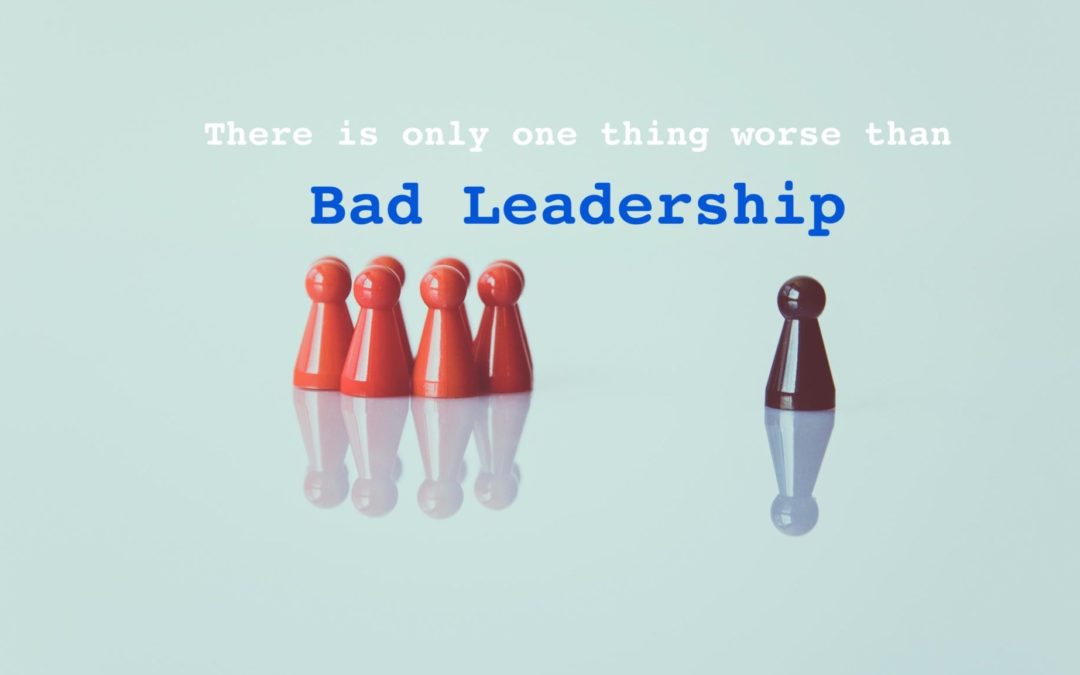Why we accept behaviour we didn’t accept before
Unlike what we might initially think cultural values change over time. That is the truth for any culture – in fact no culture would be able to survice if it didn’t adapt to the external environment all the time. When I was a little boy a zilion years ago it was the norm that people smoked everywhere. Both my parents were smoking everywhere – also in the car when we were driving somewhere despite I got tears in my eyes. People were smoking onboard airplanes. Both examples illustrate how the cultural norms have changed for the better. We have become wiser and that wisdom has influenced our behaviour.
That is usually how cultures develop. They progress because we get wiser. Unfortunately it sometimes goes the other way too – that we accept behaviour we didn’t accept before.
Not all cultural changes are driven by wisdom
Unlike the changes described above, where behavioural change was driven by increased wisdon we have another type of cultural changes. These changes are driven by people or organisations who have the power and means to influence and manipulate a group of people. That can be a group of employees, an ethnic group, a country’s population, a social group – literally any group.
Throughout history religious leaders have succeeded in manipulating their followers by playing on fear. Fear is by far our most influental motivation factor and if you understand how powerful it is you can gain a lot of influence. Religious leaders were the first ones to discover the power of fear. They still exercise it to some extend in some parts of the world. But politicians have taken over as the dominant group to use fear as a mean to manipulate groups of people. When you become good at that you can actually initiate a cultural change.
Over the years I have seen several organisations where managment maintained a certain level of fear among the employees in order for them to work harder or exercise a certain behaviour. A lot of parents use fear (in a mild form) when raising their children.
Donald Trump is the most prominant example of how well fear works. He exercise a behaviour no one would have accepted before. Barack Obama received the Nobel peace prize largely because the Bush era was over. Today most people would be grateful to have George Bush back.
Trump has successfully managed to impose a fear in the lower middle class USA, so that they see him as a saviour despite he does absolutely nothing for their social group. They accept his behaviour and his politic despite it contradicts all their own interests. They do it because they feel and think that they have to live with that behaviour in order to be protected from that imaginary fear that has been imposed on them.
It is the same reason why some people accept being abused or stressed out at work to an extend where they get seriously ill.
What will happen when Trump is gone?
Will we go back to the “old” normal or will the presidency have changed forever? I believe we have developed a new normal. Hopefully we will not get a new Trump type but the next president will be able to get away with a lot more than any other president before Trump.
Is it good or bad? In this case I think it is extremely bad because it is not a cultural change initiated by a need of the society or new wisdom, but purely by a single person’s greed and his lack of interpersonal skills.
Hopefully the politicians will see it as a wake-up call for modernising the political system, so that this can’t happen again.
There are Trumps everywhere
There are trumps everywhere, as CEO of companies, as religious leaders, a political leaders, as parents – everywhere. They are usually harmless because they only influence a smaller group of people.
How do we get wisdom and knowledge back as the driver for cultural change?
On a global scale most cultural change is driven by wisdom and knowledge. Don’t forget that. When we change behaviour because we realise the old behaviour was harmful, when we work on developing democratic institutions as replacements for conflicts, when we invest in education and so on, we motivate behavioural change because of wisdom and knowledge. And that will continue.
How do you make sure you influence the culture of your organisation the right way?
Before you can assess whether or not your are influencing yout culture the right way you need to have an idea of what the ideal culture would look like. Gugin can help you make that idea visible and tangible through our cultural due diligence process where we assess and evaluate a large number of papameters that together form what we call the Cultural DNA.
When you have the ideal cultural DNA you can compare it with the actual cultural DNA. That compasison will give you an idea of when cultural change processes are most important and you will have the key indicators for measuring the progress.
Gugin can facilitate that process together with you. We will do that based on our cultural DNA framework which we started to develop in 2004. The framework is in a constant finetuning process as the world is change all the time.
We look forward to hear from you.

There is one thing worse than bad leadership
We are good at reducing bad leadership Most leaders and managers are well aware that the quality of their performance has a huge influence on the people they manage or lead. This is also why organisational feedback systems are so valuable because they indicate how and...

Artificial Intelligence :: How not to destroy your company culture
chatGPT sparked the AI race into warp speed leaving companies, legislators and everyone else partly paralysed about what that is going to mean to everything we know. Gugin has helped companies create the right company cultures for more than 20 years. We have never...

Be Global in anything you do everywhere in the world
It seems Hamlet is not alone with his whim. Born from a genius mind four centuries ago, it still holds true to describe one of the most difficult processes for any human being: Decision Making. It can be as complex as a multinational acquisition or as simple as what...

Future Cultural Challenges for Airlines and Airports – Full document
Executive Summary IATA has forecasted that passenger demand to double over 20 Years with the fastest-growing markets in Asia and Sub-saharan Africa. This is no surprise that the emerging and frontier market economies account for the biggest growth in the near future....

How working from home may damage your company culture
This article is about how working from home can damage your corporate culture. The money saved on sending people home because of COVID19 can easily be lost due to lover employee - and customer satisfaction. Read on The Excitement Many office workers around the world...
